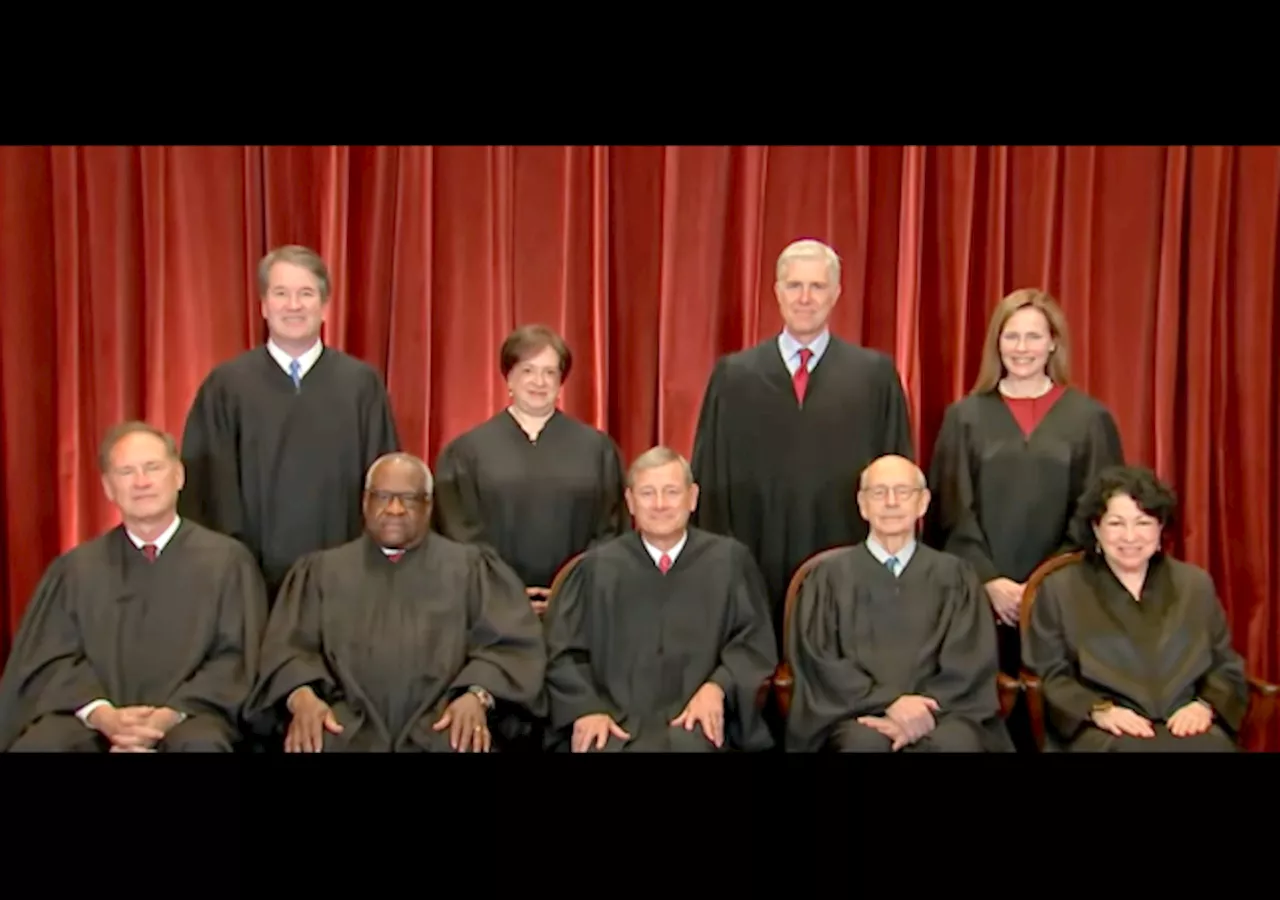The Supreme Court heard arguments in a case challenging Texas's age-verification law for online pornography. The Free Speech Coalition argues the law violates the First Amendment rights of adults, while Texas defends its interest in protecting minors.
The Supreme Court heard arguments in a case concerning Texas's age-verification law for online pornography, which the Free Speech Coalition, a lobbying arm of the pornography industry, challenges. The Coalition argues that the law, requiring commercial entities to use age-verification methods to prevent minors from accessing pornographic materials, burdens the First Amendment right of adults to access such content.
They contend that the age-verification process, which necessitates adults to provide identifying information, creates a barrier for those who wish to keep their pornography use or preferences private. \The Coalition further posits that the potential risk of websites selling or hackers accessing this identifying information could deter adults from accessing constitutionally protected materials. They advocate for content-filtering systems as a more constitutionally appropriate solution to the problem of minors accessing pornography. During oral arguments, Justice Barrett questioned the Coalition's privacy concerns, drawing a parallel to showing identification at a physical adult bookstore. However, the Coalition countered that the creation of a permanent online record presents a more inviting target for hackers. Justice Kavanaugh pushed back on the argument that Texas's law is under-inclusive, stating that a state doesn't need to address every aspect of a problem to implement a solution. \ Representing Texas, Aaron Nielson dismissed the Coalition's privacy concerns, highlighting that age verification could be conducted using biometrics through the Age Verification Providers Association. Nielson argued that the government has a compelling interest in protecting minors from obscene material, a point conceded by the Coalition's representative, Derek Shaffer, who acknowledged that the majority of content on his clients' sites was deemed obscene for minors. The case raises complex questions about the balance between protecting minors from harmful content and safeguarding the First Amendment rights of adults
FIRST AMENDMENT AGE VERIFICATION ONLINE PORNOGRAPHY TEXAS LAW SUPREME COURT
Canada Latest News, Canada Headlines
Similar News:You can also read news stories similar to this one that we have collected from other news sources.
 Texas State Edges North Texas in First Responder BowlLincoln Pare's late touchdown run sealed the victory for Texas State against North Texas in a tight First Responder Bowl matchup.
Texas State Edges North Texas in First Responder BowlLincoln Pare's late touchdown run sealed the victory for Texas State against North Texas in a tight First Responder Bowl matchup.
Read more »
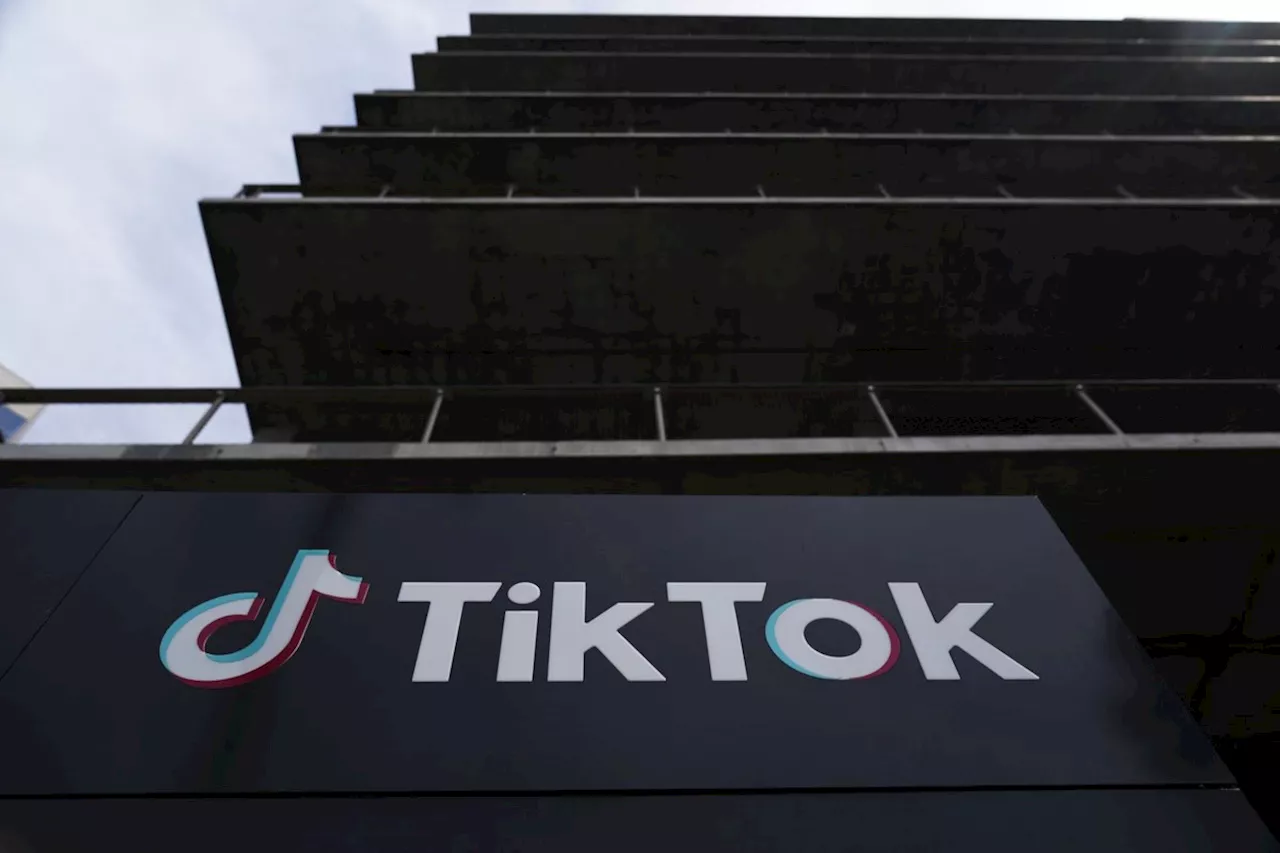 Supreme Court to Hear Arguments on TikTok Ban LawThe Supreme Court will hear arguments in January regarding the constitutionality of a federal law that could ban TikTok in the U.S. if its Chinese parent company doesn't sell it. The justices will consider whether the law violates the First Amendment by restricting speech. The law, enacted in April, set a deadline of January 19th for TikTok to be sold or face a ban. Lawyers for TikTok and ByteDance urged the court to intervene before the deadline.
Supreme Court to Hear Arguments on TikTok Ban LawThe Supreme Court will hear arguments in January regarding the constitutionality of a federal law that could ban TikTok in the U.S. if its Chinese parent company doesn't sell it. The justices will consider whether the law violates the First Amendment by restricting speech. The law, enacted in April, set a deadline of January 19th for TikTok to be sold or face a ban. Lawyers for TikTok and ByteDance urged the court to intervene before the deadline.
Read more »
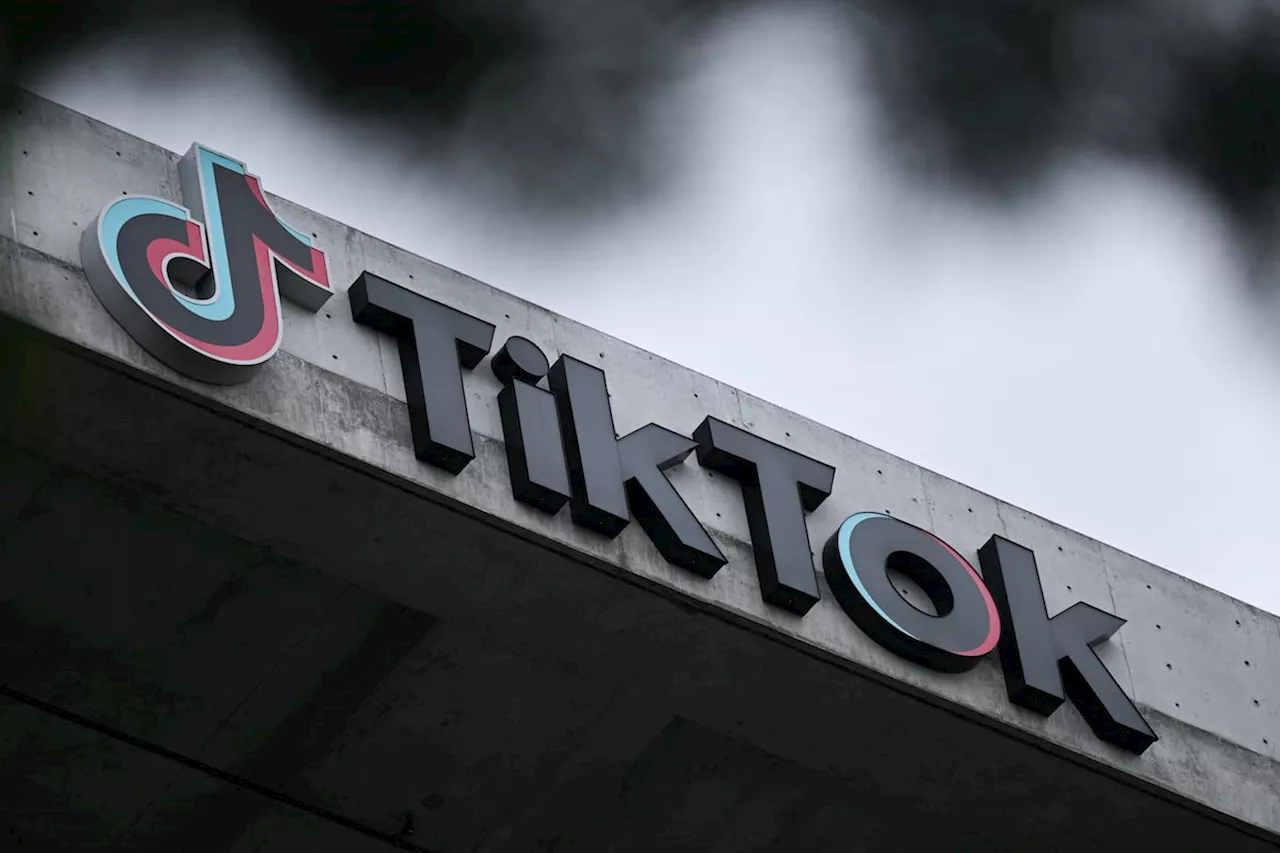 Supreme Court to Hear TikTok's Appeal Against US BanThe U.S. Supreme Court has agreed to hear TikTok's appeal against a law that would force the sale of the popular short-video app. TikTok and its parent company, ByteDance, argue that the ban violates free speech protections.
Supreme Court to Hear TikTok's Appeal Against US BanThe U.S. Supreme Court has agreed to hear TikTok's appeal against a law that would force the sale of the popular short-video app. TikTok and its parent company, ByteDance, argue that the ban violates free speech protections.
Read more »
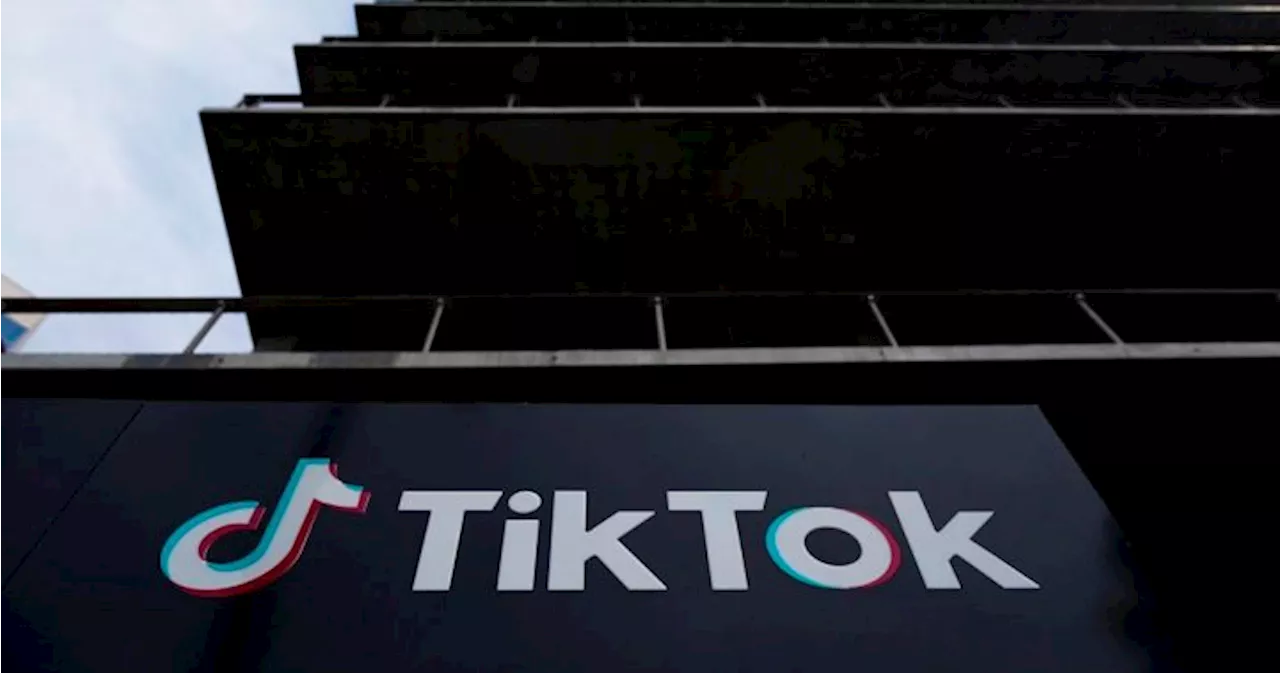 Supreme Court to Hear Arguments on TikTok Ban LawThe U.S. Supreme Court will hear arguments in January on the constitutionality of a federal law that could ban TikTok in the United States. The law, enacted in April, sets a January 19 deadline for TikTok to be sold or face a ban. Lawyers for TikTok and its parent company, ByteDance, have urged the court to intervene before the deadline. The case raises questions about free speech rights and national security concerns.
Supreme Court to Hear Arguments on TikTok Ban LawThe U.S. Supreme Court will hear arguments in January on the constitutionality of a federal law that could ban TikTok in the United States. The law, enacted in April, sets a January 19 deadline for TikTok to be sold or face a ban. Lawyers for TikTok and its parent company, ByteDance, have urged the court to intervene before the deadline. The case raises questions about free speech rights and national security concerns.
Read more »
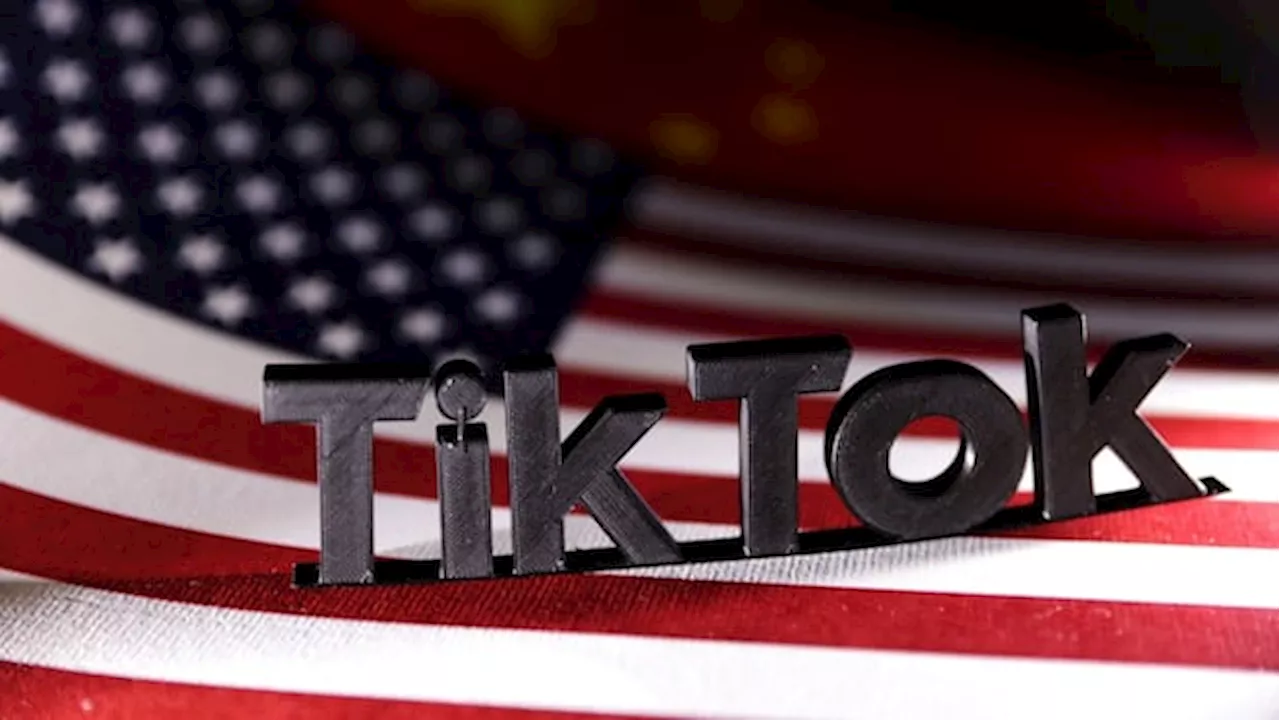 Supreme Court to Hear TikTok's Challenge to National Security BanThe U.S. Supreme Court will hear TikTok and ByteDance's appeal against a law that threatens to ban the app by January 19 if it is not sold. The court will hear arguments on January 10.
Supreme Court to Hear TikTok's Challenge to National Security BanThe U.S. Supreme Court will hear TikTok and ByteDance's appeal against a law that threatens to ban the app by January 19 if it is not sold. The court will hear arguments on January 10.
Read more »
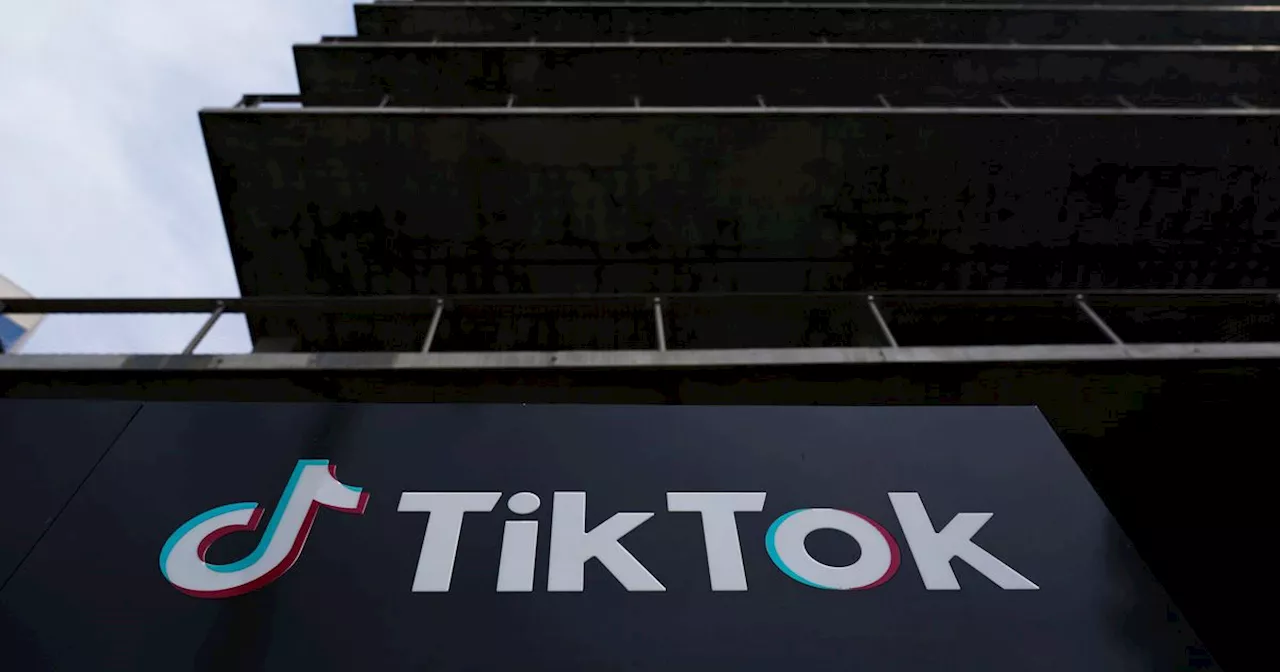 Supreme Court to Decide TikTok's Fate in First Amendment CaseThe Supreme Court will hear arguments on January 10th regarding a law that could ban TikTok in the US. The law, passed with bipartisan support, sets a January 19th deadline for TikTok to be sold or face a ban. TikTok argues the law violates the First Amendment, while the Biden administration defends it. The court could halt the law's implementation pending a final ruling.
Supreme Court to Decide TikTok's Fate in First Amendment CaseThe Supreme Court will hear arguments on January 10th regarding a law that could ban TikTok in the US. The law, passed with bipartisan support, sets a January 19th deadline for TikTok to be sold or face a ban. TikTok argues the law violates the First Amendment, while the Biden administration defends it. The court could halt the law's implementation pending a final ruling.
Read more »
